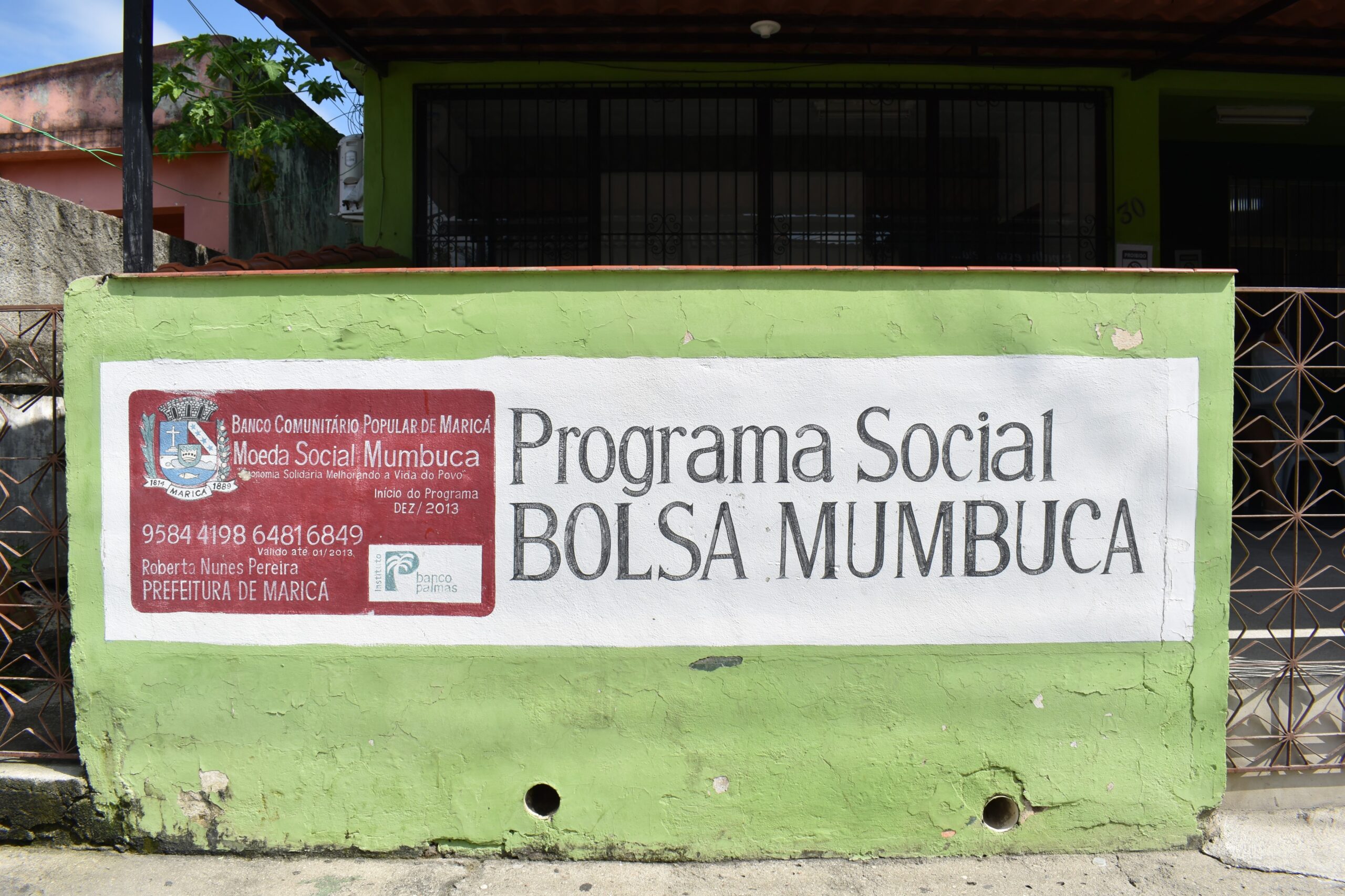HudsonUP Basic Income Pilot releases year two report

As the HudsonUP Basic Income Pilot completes year two of its five-year guaranteed income program, JFI today releases the second year’s report by Principal Investigator and Senior Fellow Leah Hamilton. Through interviews and quantitative surveys, the report provides early findings in participant employment and wellbeing, as well as many narrative accounts of improved financial stability, health, and other outcomes.
The HudsonUP program began by giving 25 low-income Hudson, NY residents $500 per month in fall of 2020. As a five-year pilot, it represents one of the longest in the country. The program has since expanded twice for a total of 128 individuals across three cohorts. This report covers early results of cohort one (n=25) and cohort two (n=50).
Preliminary outcomes at year two include:
- Full and part-time employment rates increased across both cohorts
- Increased self-reported savings among both cohorts
- Steady improvements in health
- Qualitative themes include: external instability due to pandemic and inflation, financial stability due to HudsonUP, physical and mental health, positivity about guaranteed income, and increased connectedness and generosity
Read the full report here for detailed results and methodology. See the year one report here.
Please reach out to communications@jainfamilyinstitute.org for more information or press inquiries.
Related
Household Responses to Guaranteed Income: Experimental Evidence from Compton, California
Press release: New evidence on GI from a randomized controlled trial.
New Release: First paper from the Maricá Basic Income Evaluation
Diverse impacts of the largest basic income program in Latin America on socioeconomic outcomes; crisis response use-case
HudsonUP Basic Income Pilot releases year three report
Qualitative interviews capture a comprehensive picture of the impact of a long-term guaranteed income pilot.


